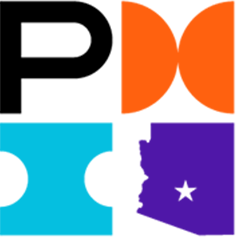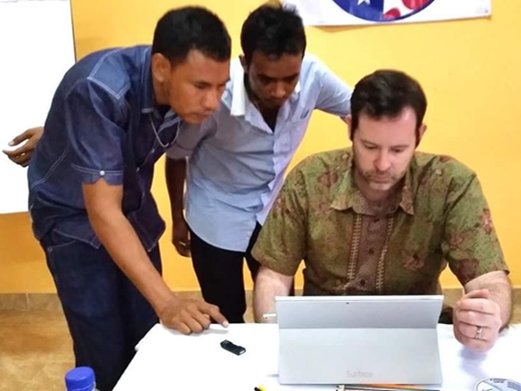WHAT IS THE PROGRAM?
This limited-time promotion provides chapters with Military Initiatives to offer Military/Veterans and their families the opportunity to save 25% on select PMI
e-Learning courses and PMI certification products.
WHO IS ELIGIBLE?
Veterans, Military, and their Families.
HOW DOES THE PROGRAM WORK?
Step 1: You promote the program to your network, members & prospective members, utilizing the digital flyer, email & social media messages with images provided to enable military, veterans, and their families interested to email a designated chapter leader (perhaps the chapter military liaison) for details. If
non-members reach out, we encourage you to offer a military guest passcode to allow for 1 free year of chapter membership.
Step 2: The military personnel, veterans, and/or members of their family purchases product at the PMI site and use the code to receive the additional 25%.
WHAT ARE THE PROGRAM BENEFITS TO THE CHAPTER?
- Opportunity to provide military, veterans and their families with additional savings in recognition of their
- Opportunity for the chapter to retain members and even acquire new
- Utilizing the chapter’s unique discount code will enable us to be able to provide you with data that will demonstrate your chapter’s military impact and influence.
Chapter Members Save 25% on the Following Certifications and Certification Renewal Fees
Project Management Professional (PMP)®
Certified Associate in Project Management (CAPM)® PMI Professional in Business Analysis (PMI-PBA)®
PMI Agile Certified Practitioner (PMI-ACP)®
Portfolio Management Professional (PfMP)® Program Management Professional (PgMP)® PMI Risk Management Professional (PMI-RMP)®
eLearning COURSES
The Complete Agile Project Manager
Introduction to Project Management
Project Management Basics - An Official PMI Online Course
Certification Maintenance Toolkit
Digital Intelligence Series
Project Management for Beginners
Offer valid until 31 December for US chapters with military initiatives. Cannot be combined with any other offer. For details on terms and conditions, visit PMI.org/terms.



